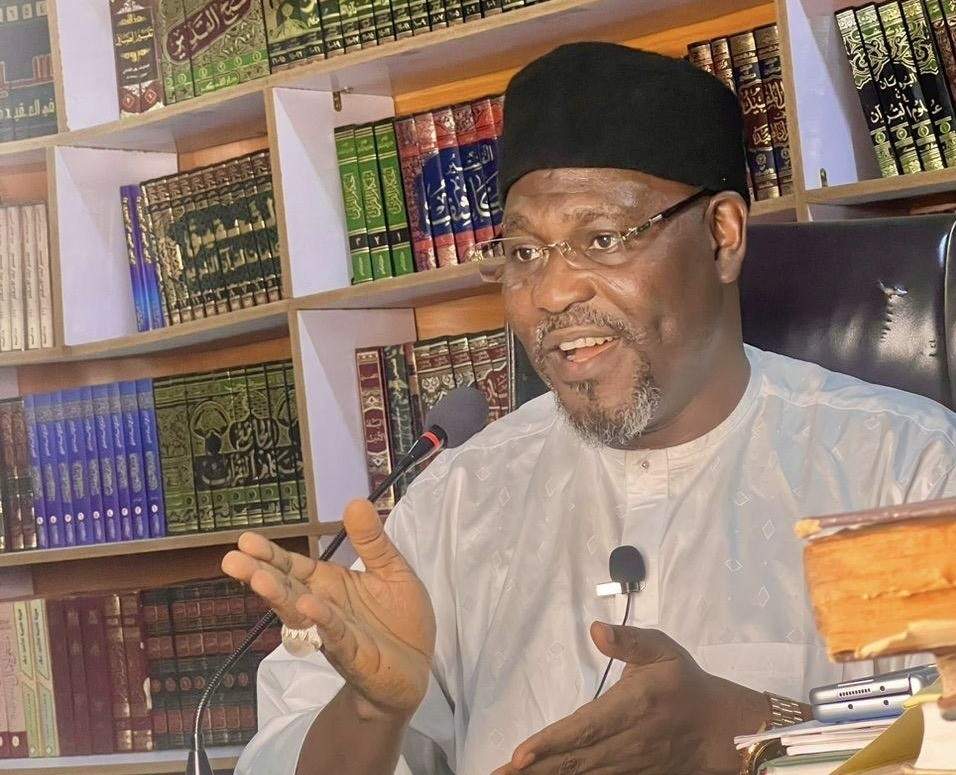The State Security Service (SSS) has interrogated Sheikh Auwal Shariff, a well-known Zaria-based Islamic cleric, for speaking out against President Bola Tinubu’s administration and its impact on economic hardships in Nigeria. Sheikh Shariff, known for his outspoken criticism of President Tinubu, was questioned on Friday and released the same day.
The cleric’s sermon, captured in a video, compared the power transition between former President Muhammadu Buhari and Mr. Tinubu to the historical figures Pharaoh and Haman. Sheikh Shariff vehemently criticized President Tinubu’s decision to swiftly remove petrol subsidies. He likened the actions of both President Tinubu and former President Buhari to those of Pharaoh and Haman, expressing disbelief at the president’s abrupt announcement to remove the subsidy during his inaugural speech and the subsequent drastic rise in petrol prices.
According to an insider source, SSS operatives visited the cleric’s residence before and after Friday prayers, leaving behind a letter and a contact number. Despite being advised to wait, the cleric chose to visit the SSS office to understand the reason for the summons and prove his innocence. After lengthy questioning, he was eventually allowed to return home.
The source revealed that the SSS expressed concerns about the cleric’s sermons and their impact, cautioning him to be less critical due to the sensitive nature of the political climate. The cleric’s recent outspoken criticism of the country’s economic difficulties and prominent politicians may have contributed to his ordeal, according to the source.
When reached for comment, the SSS spokesperson, Peter Afunanya, did not respond to inquiries.
The interrogation of Sheikh Auwal Shariff highlights the ongoing tensions surrounding freedom of expression and public criticism in Nigeria, particularly in the context of economic policies and political leadership. This incident raises further questions about the boundaries of dissent and the implications for individuals who voice their opinions in a complex socio-political environment.
As the situation unfolds, concerns over the right to free speech and the government’s response to critics will undoubtedly continue to attract national and international attention.
